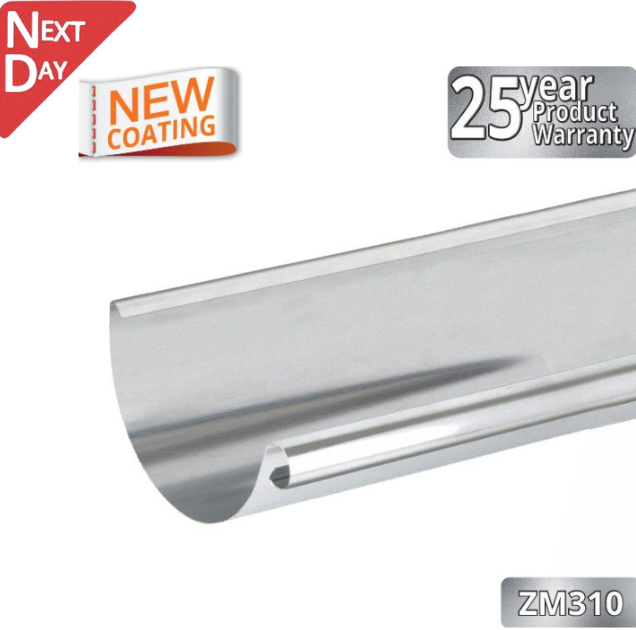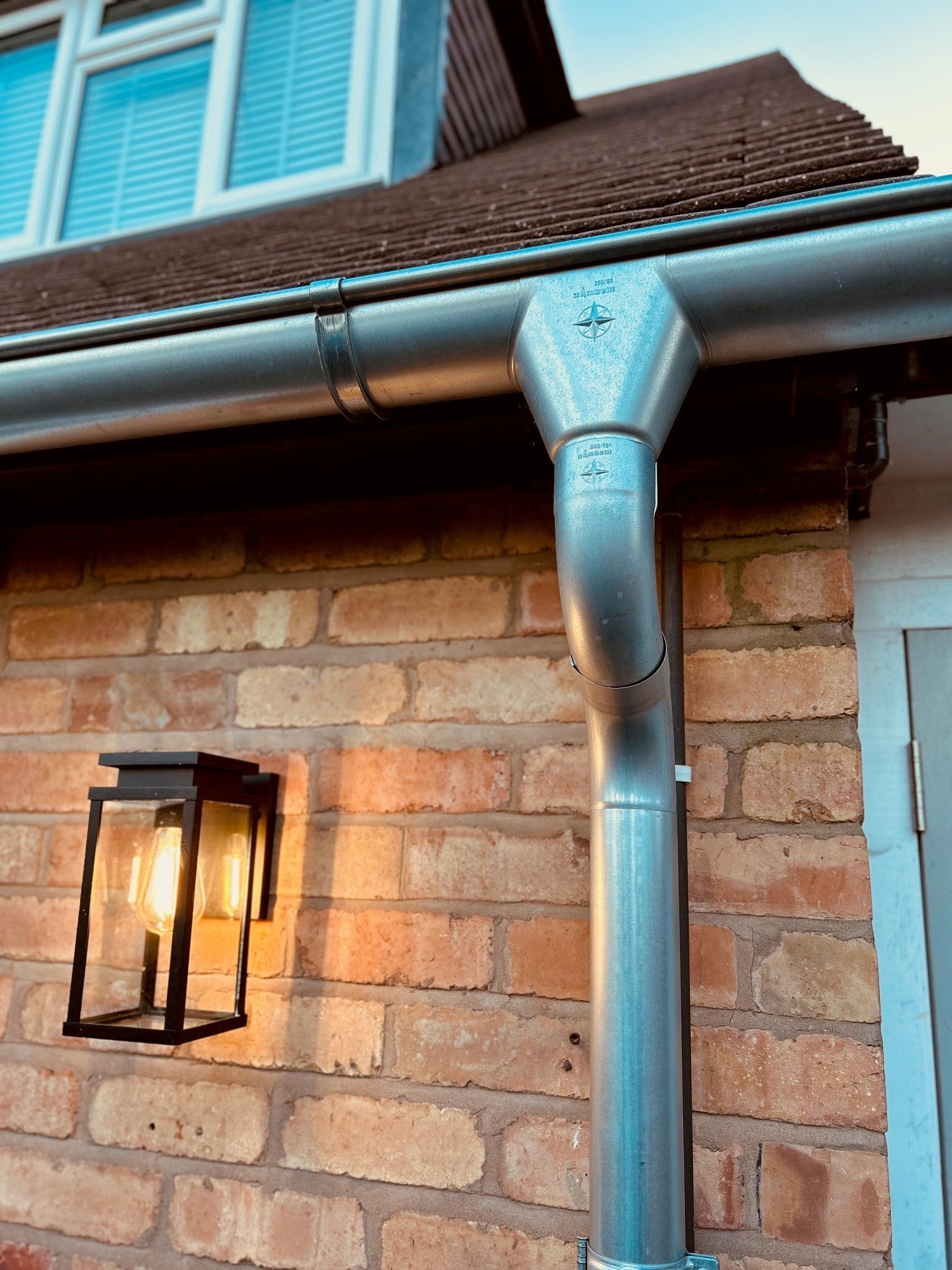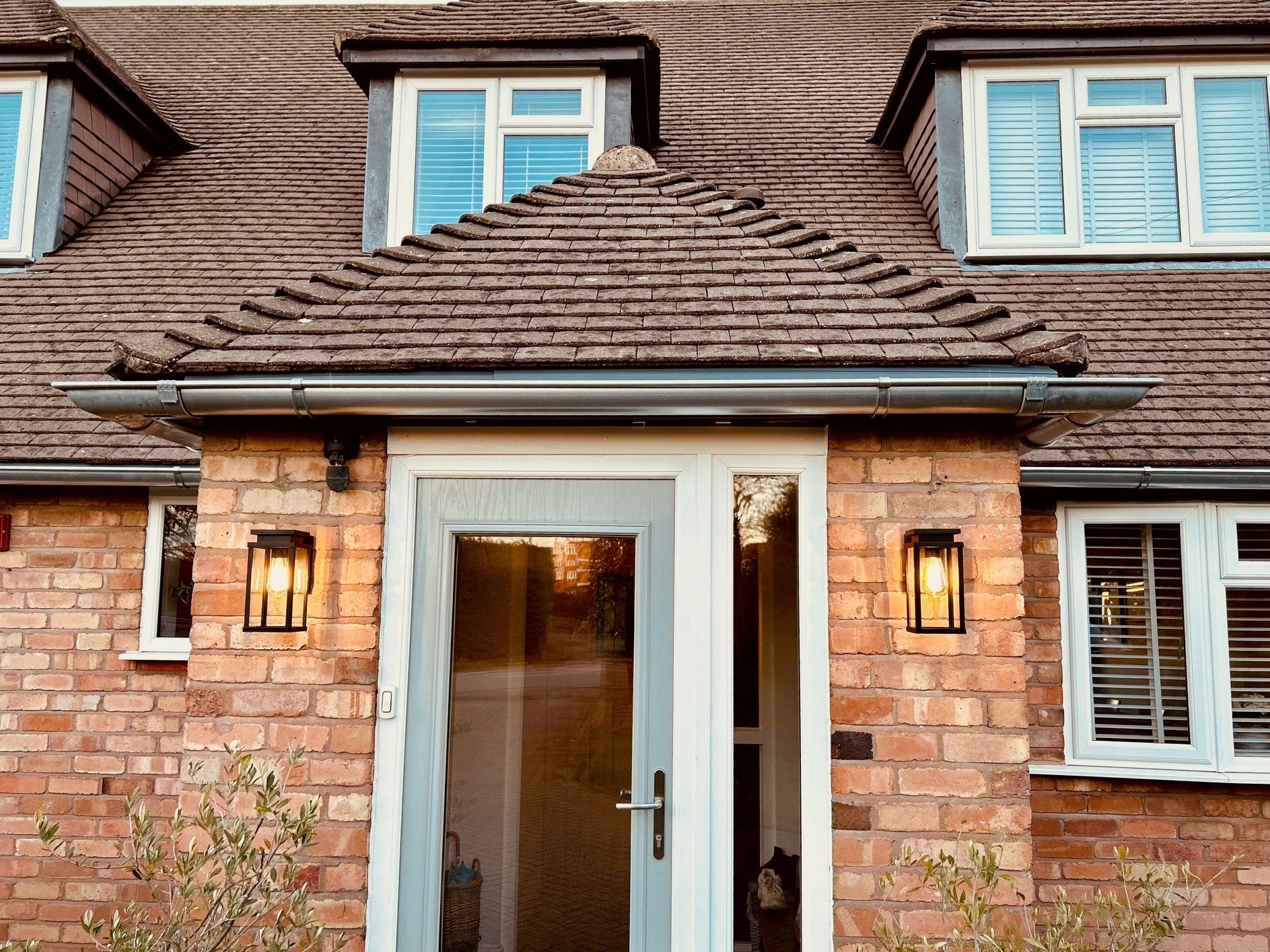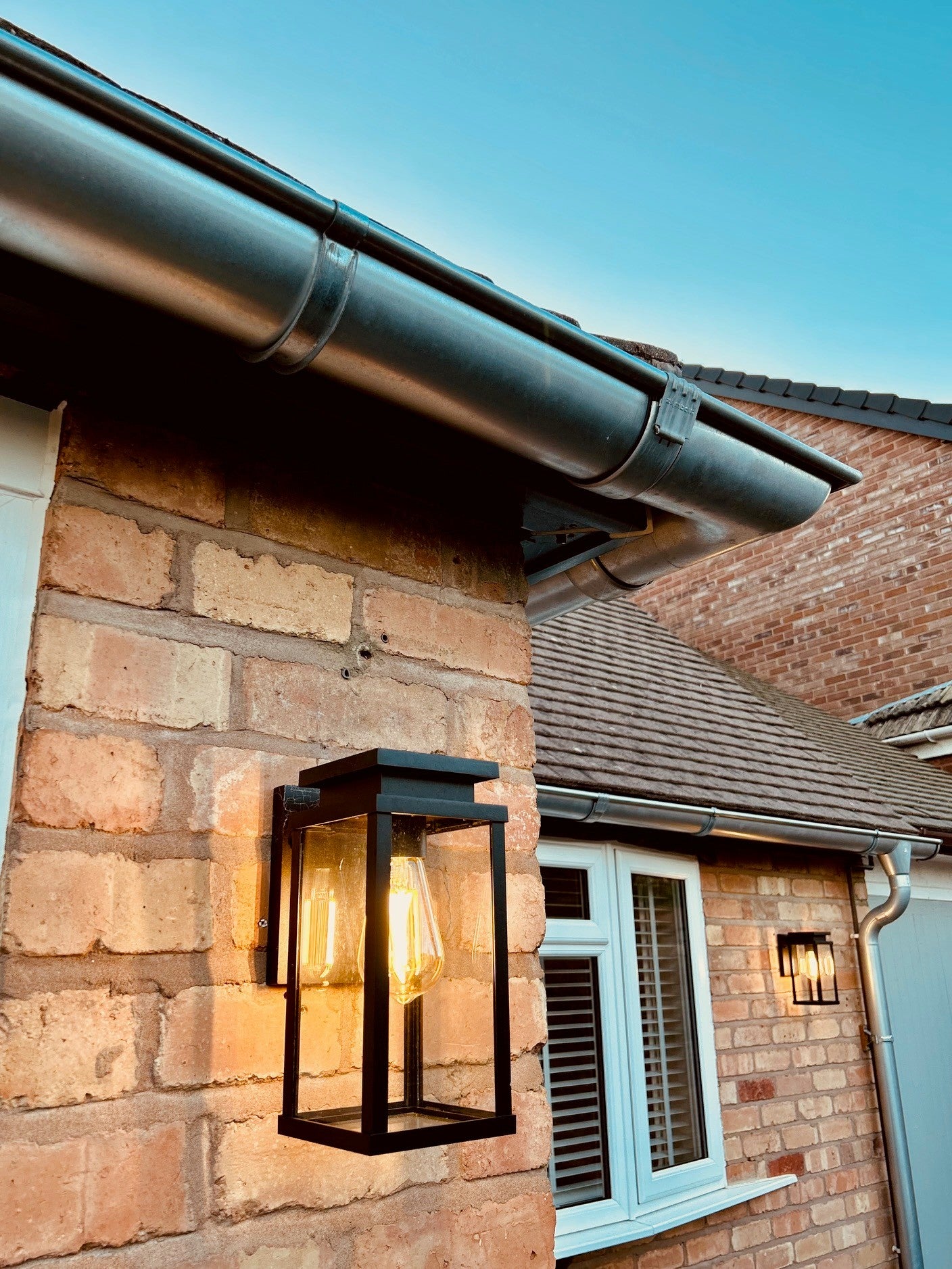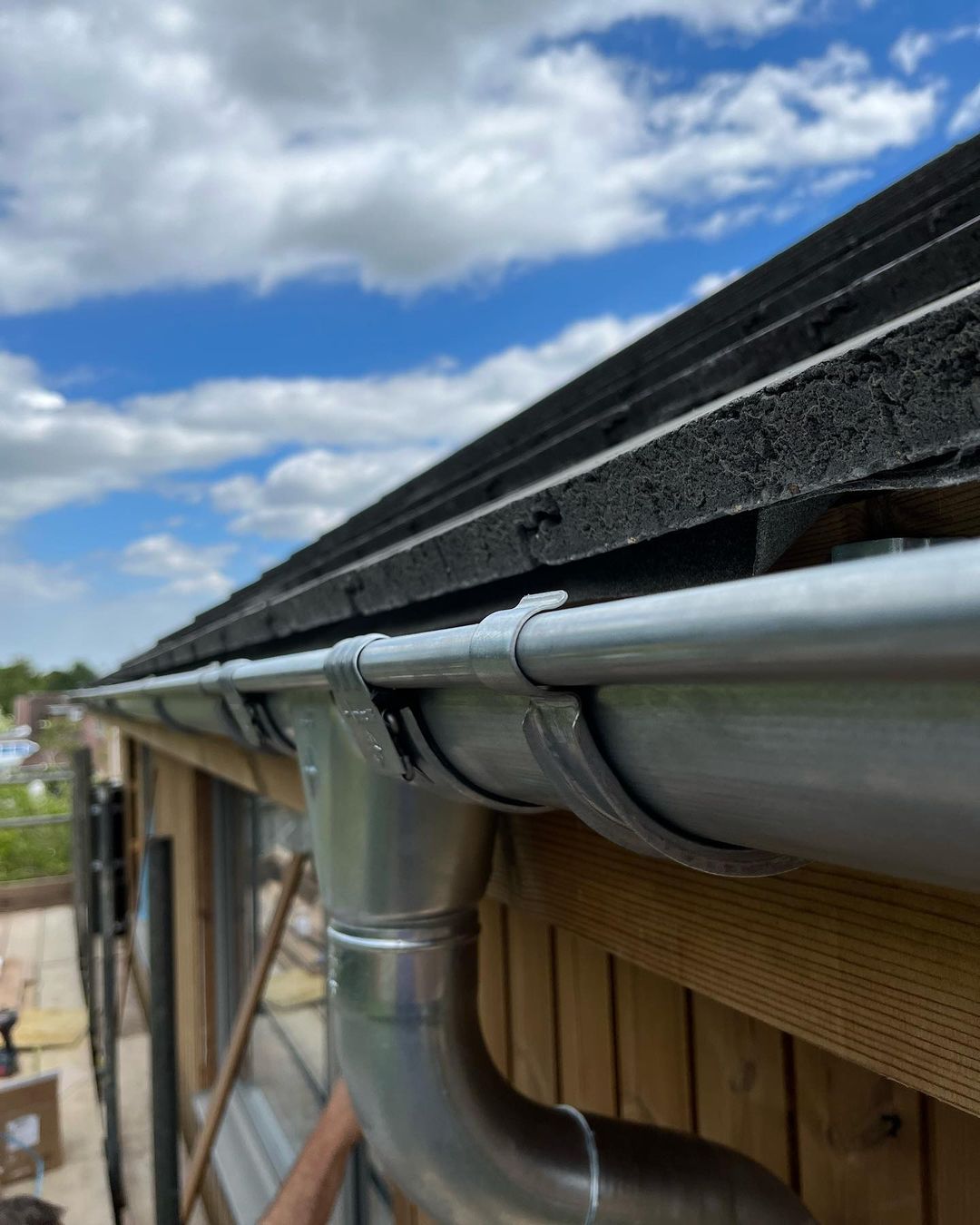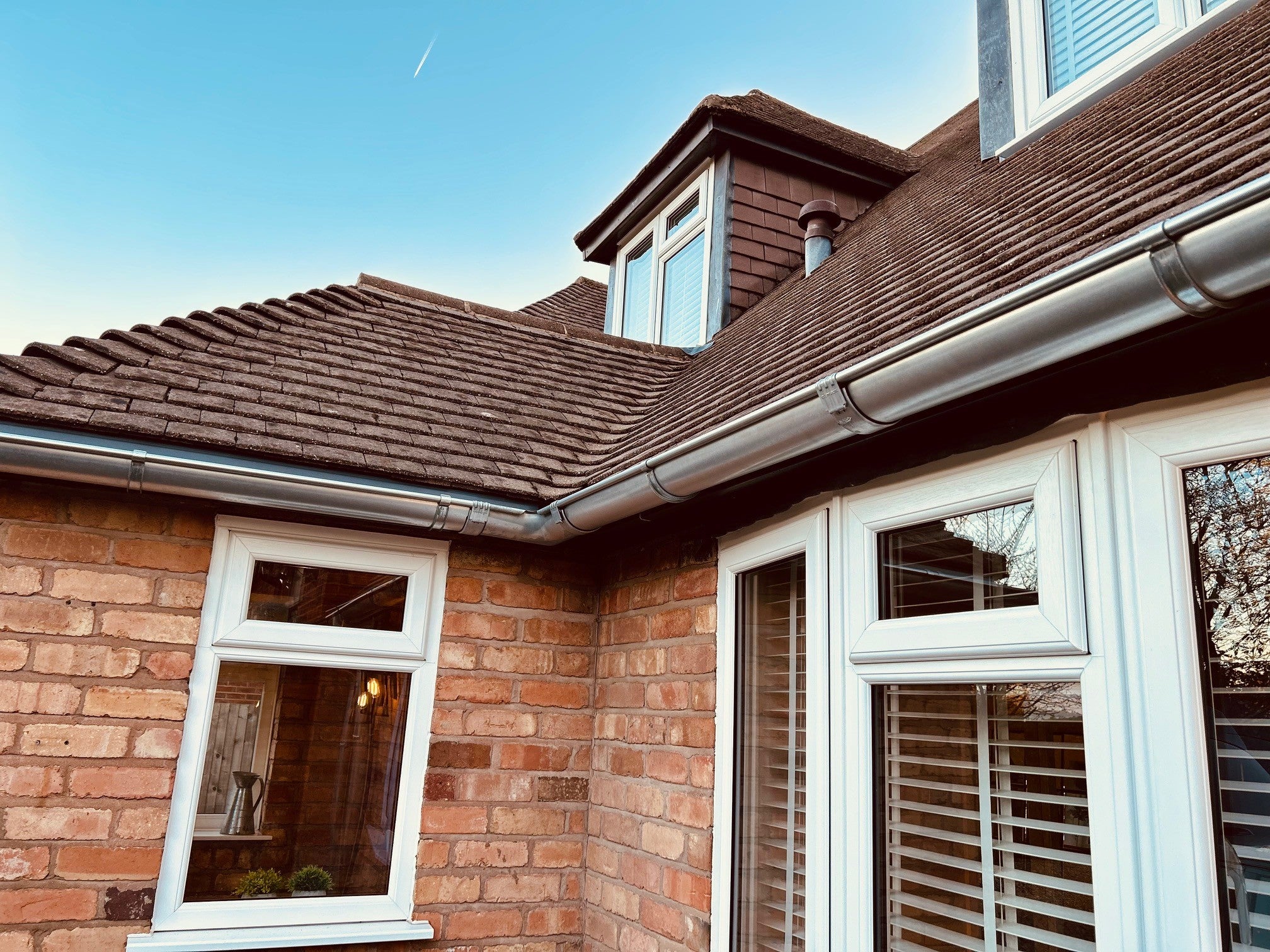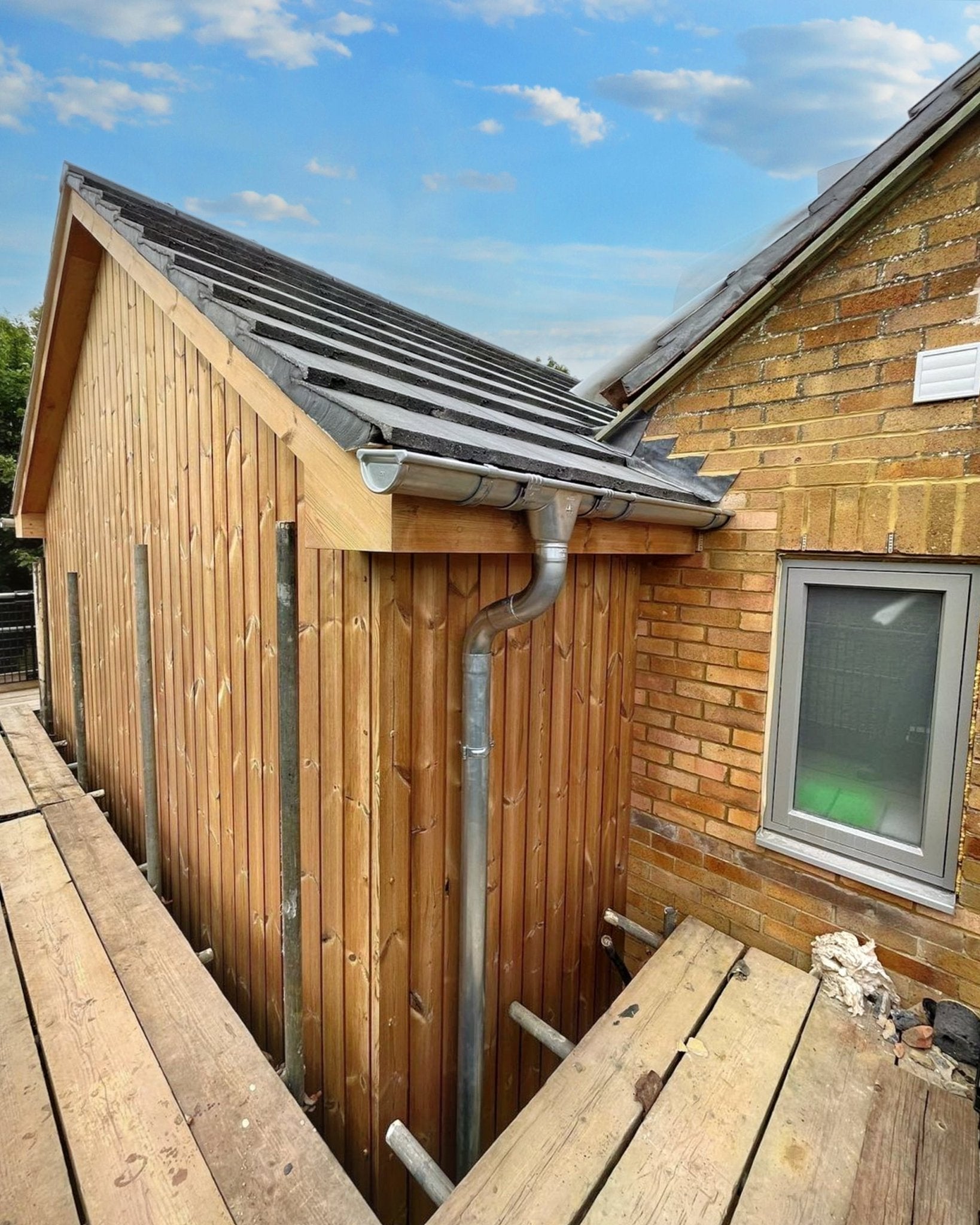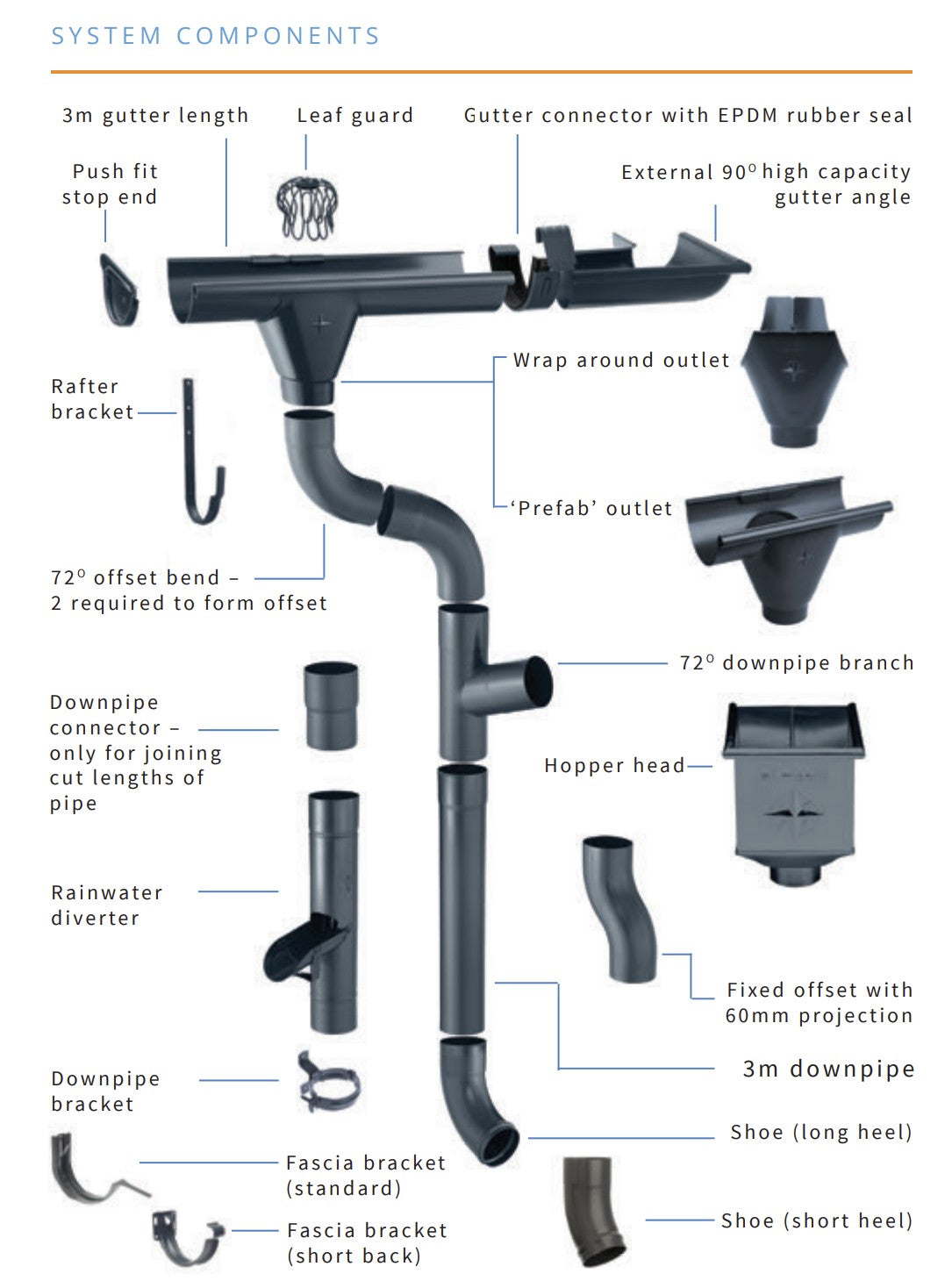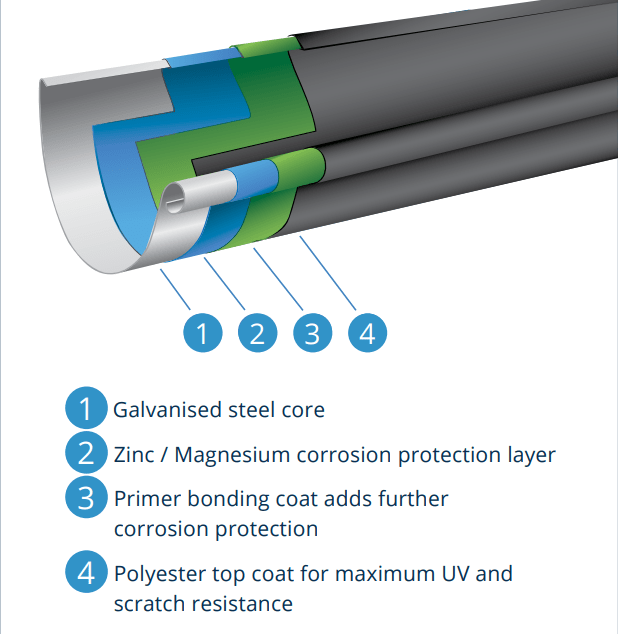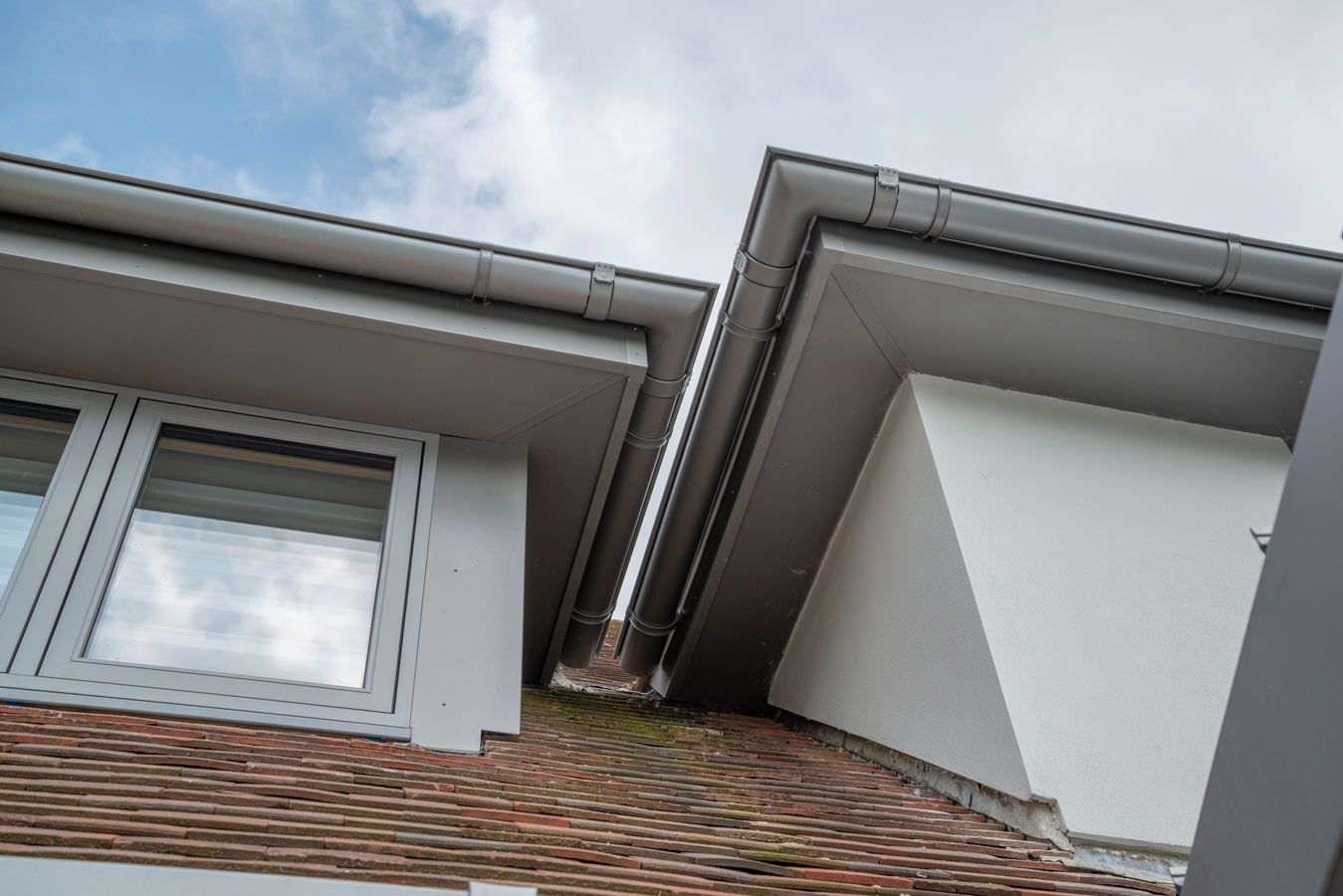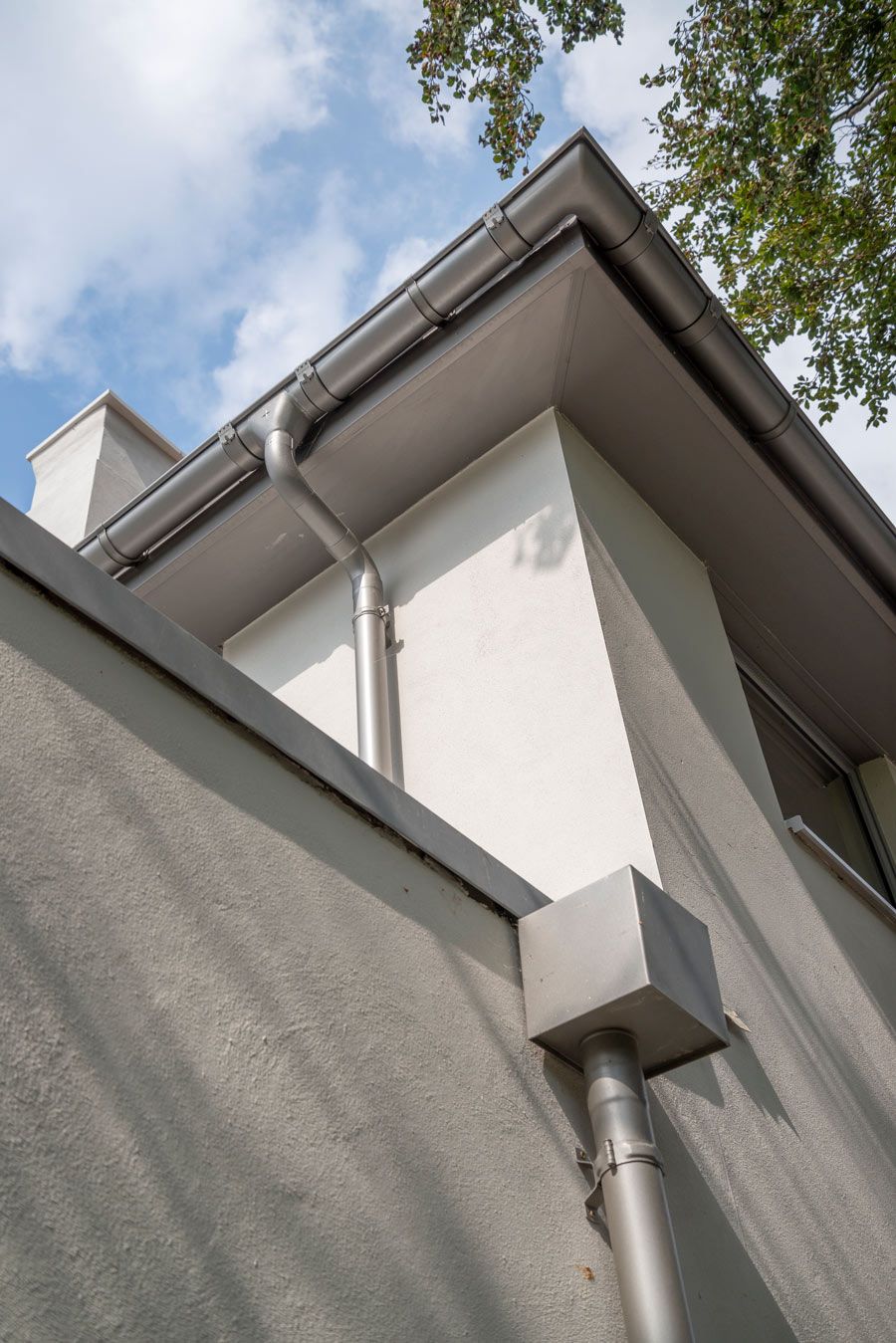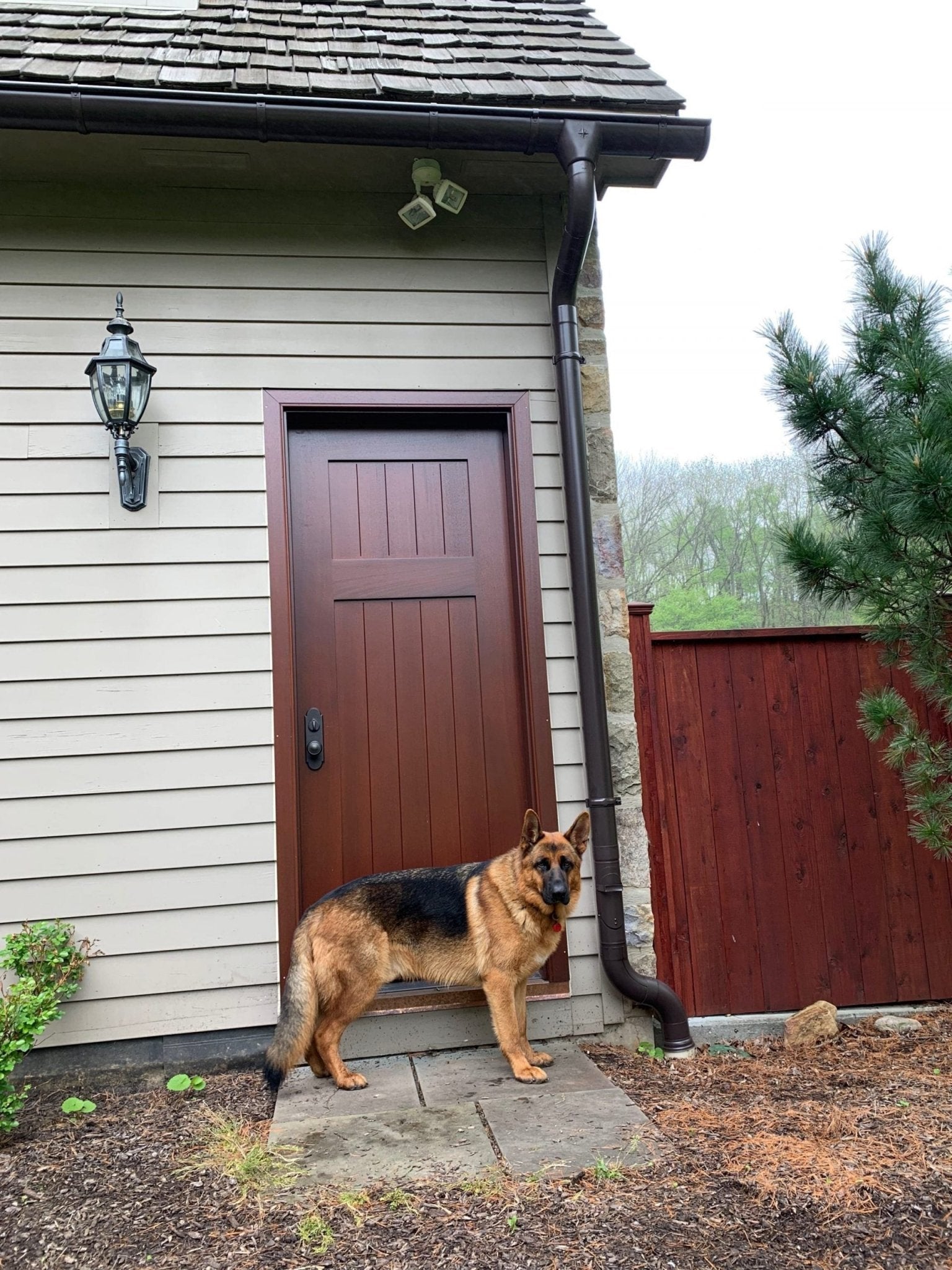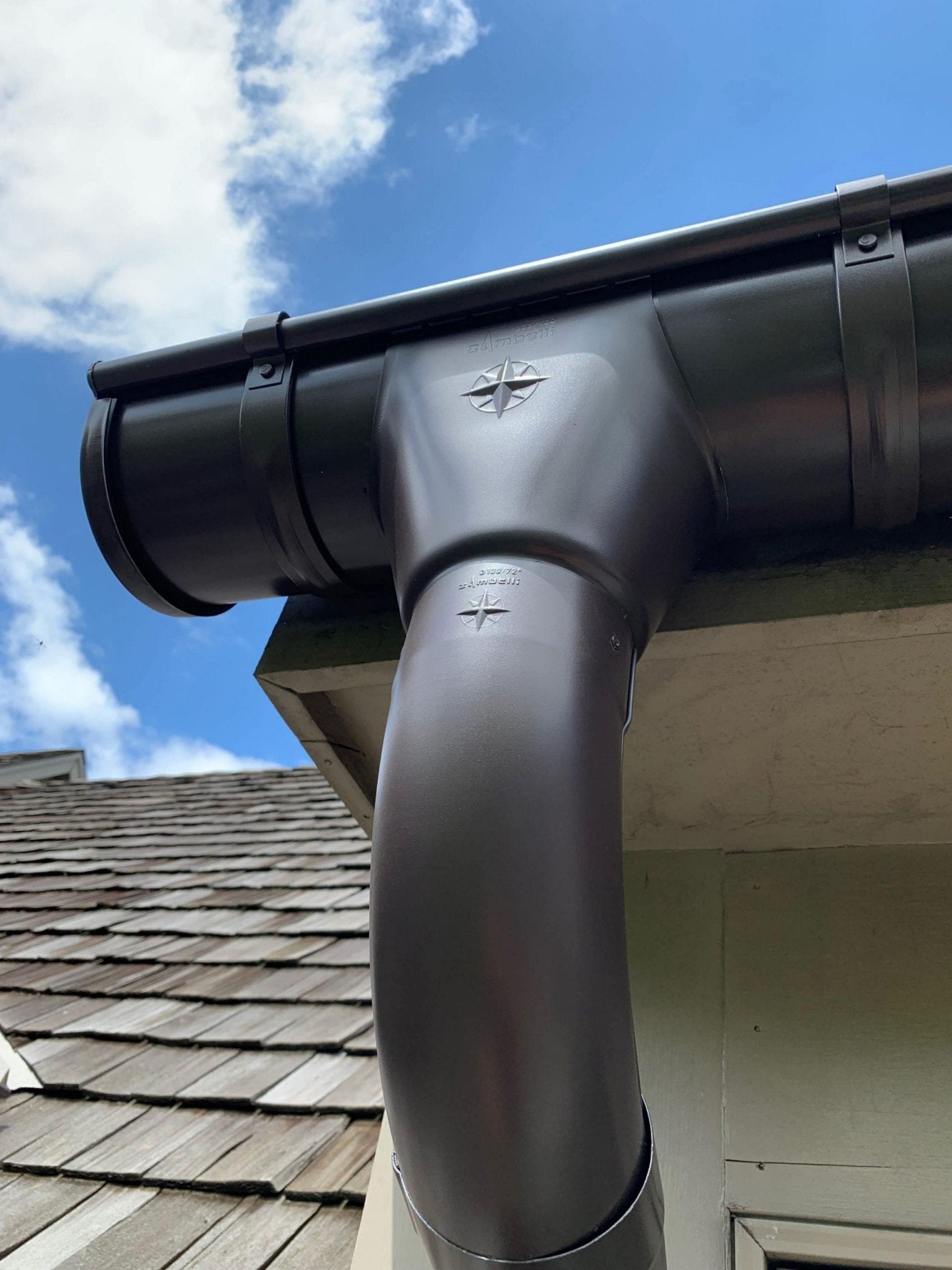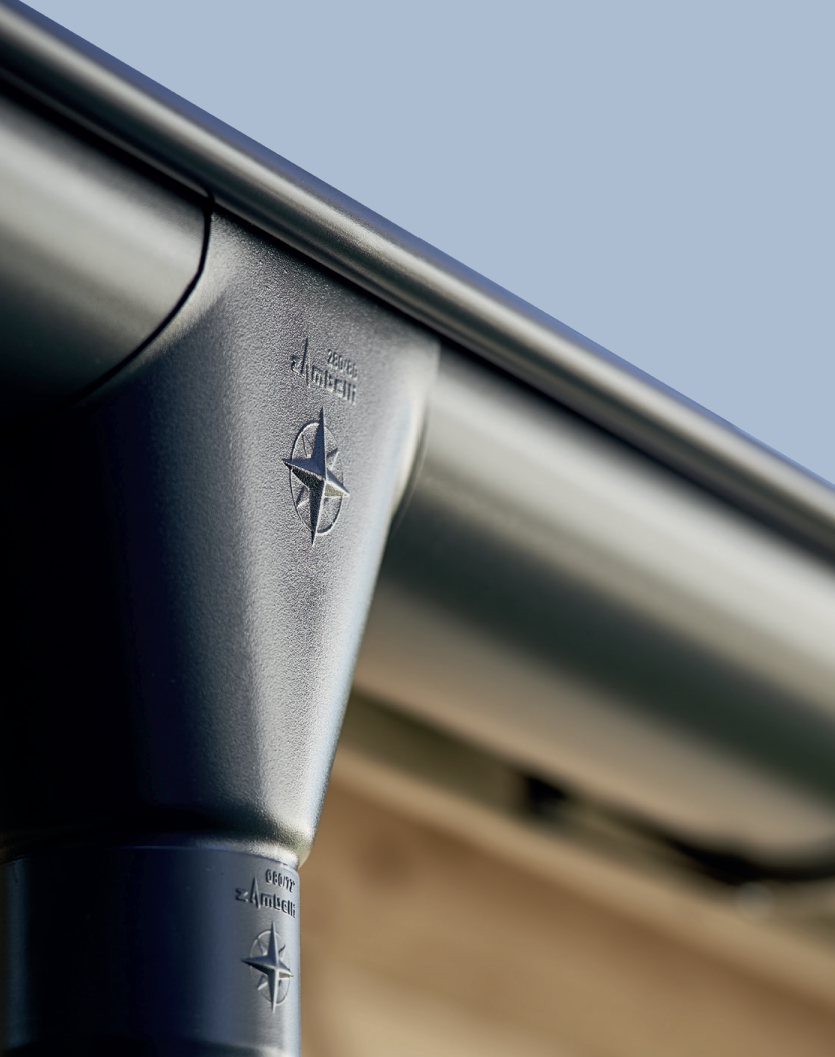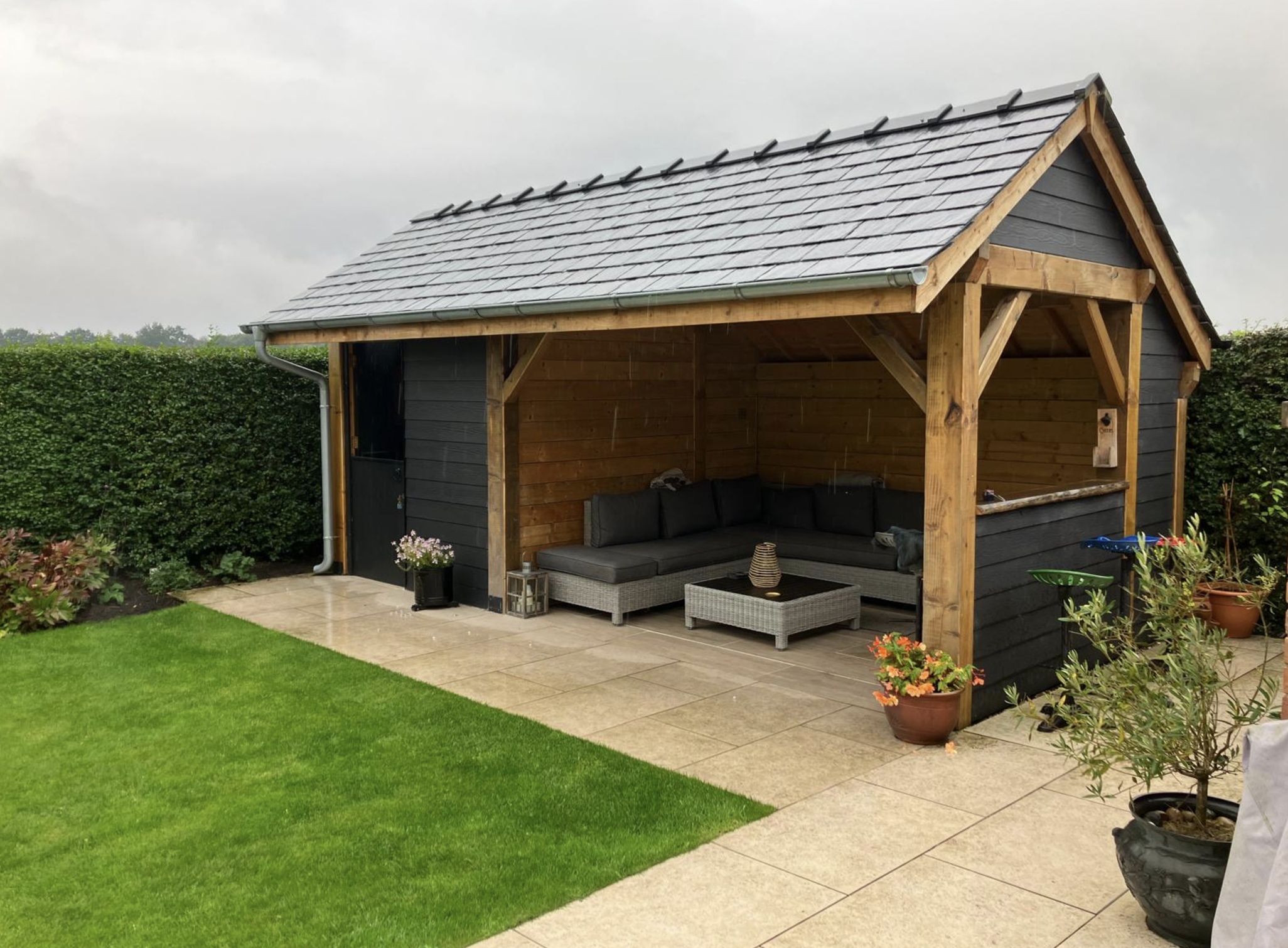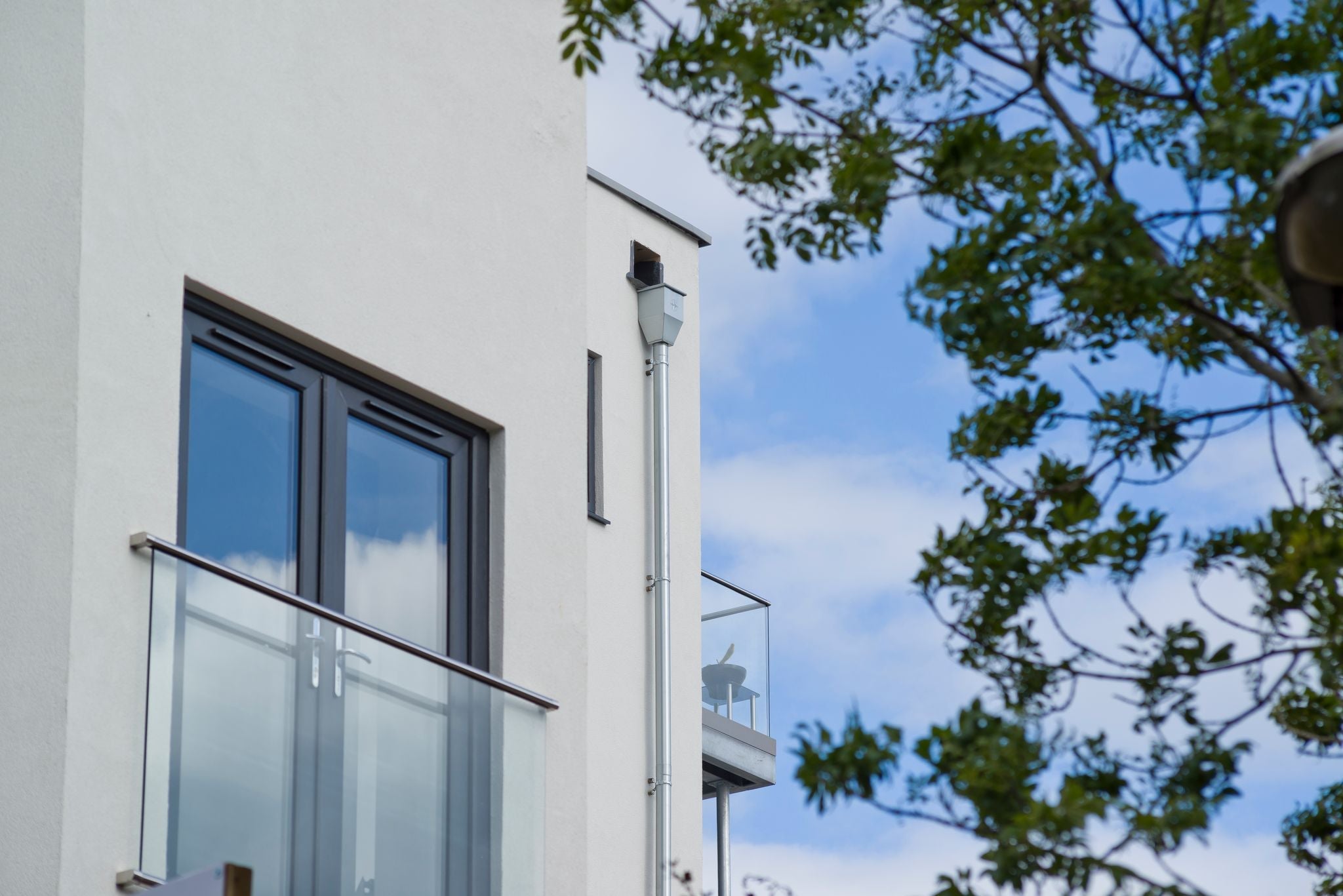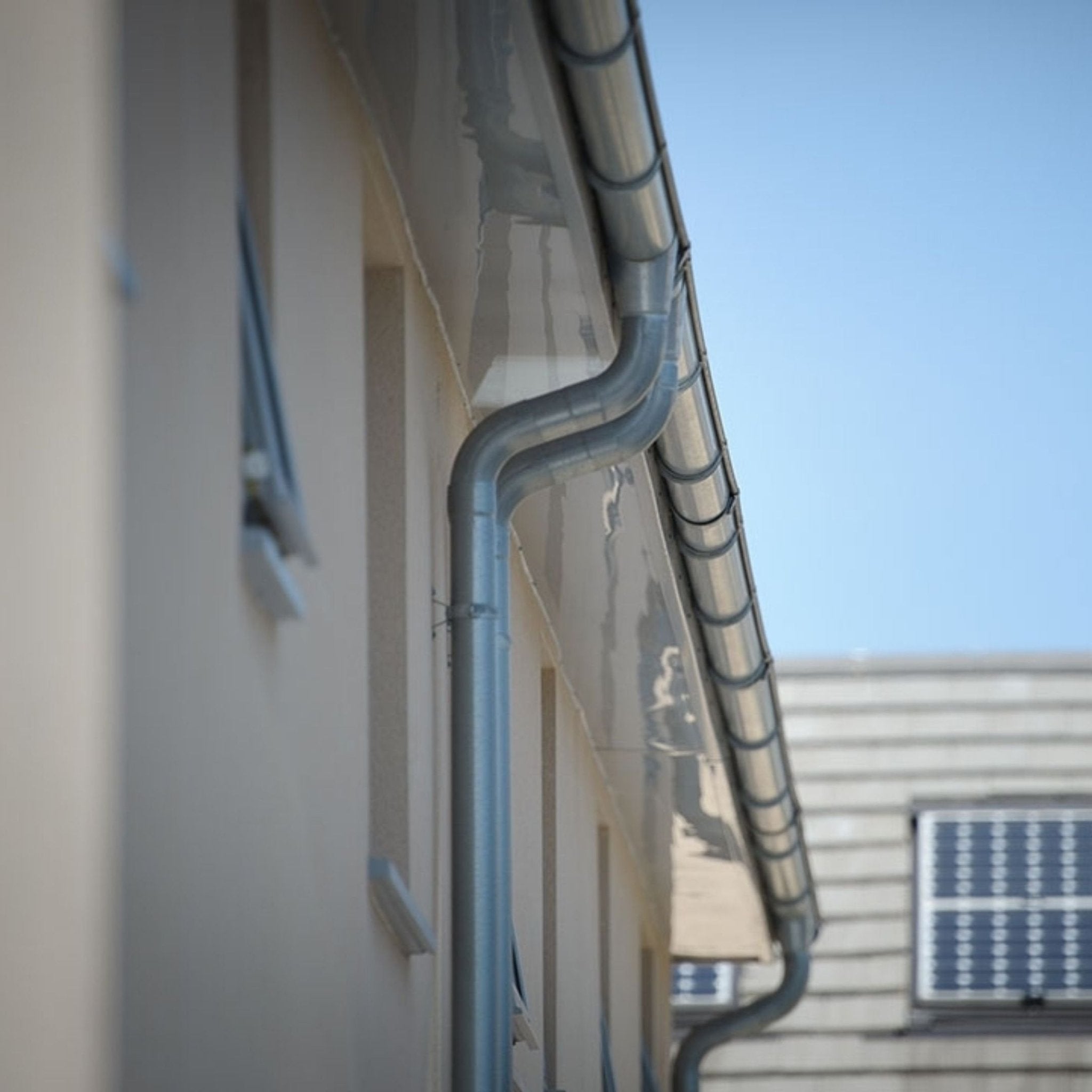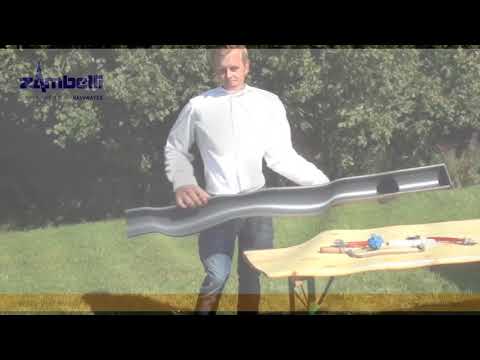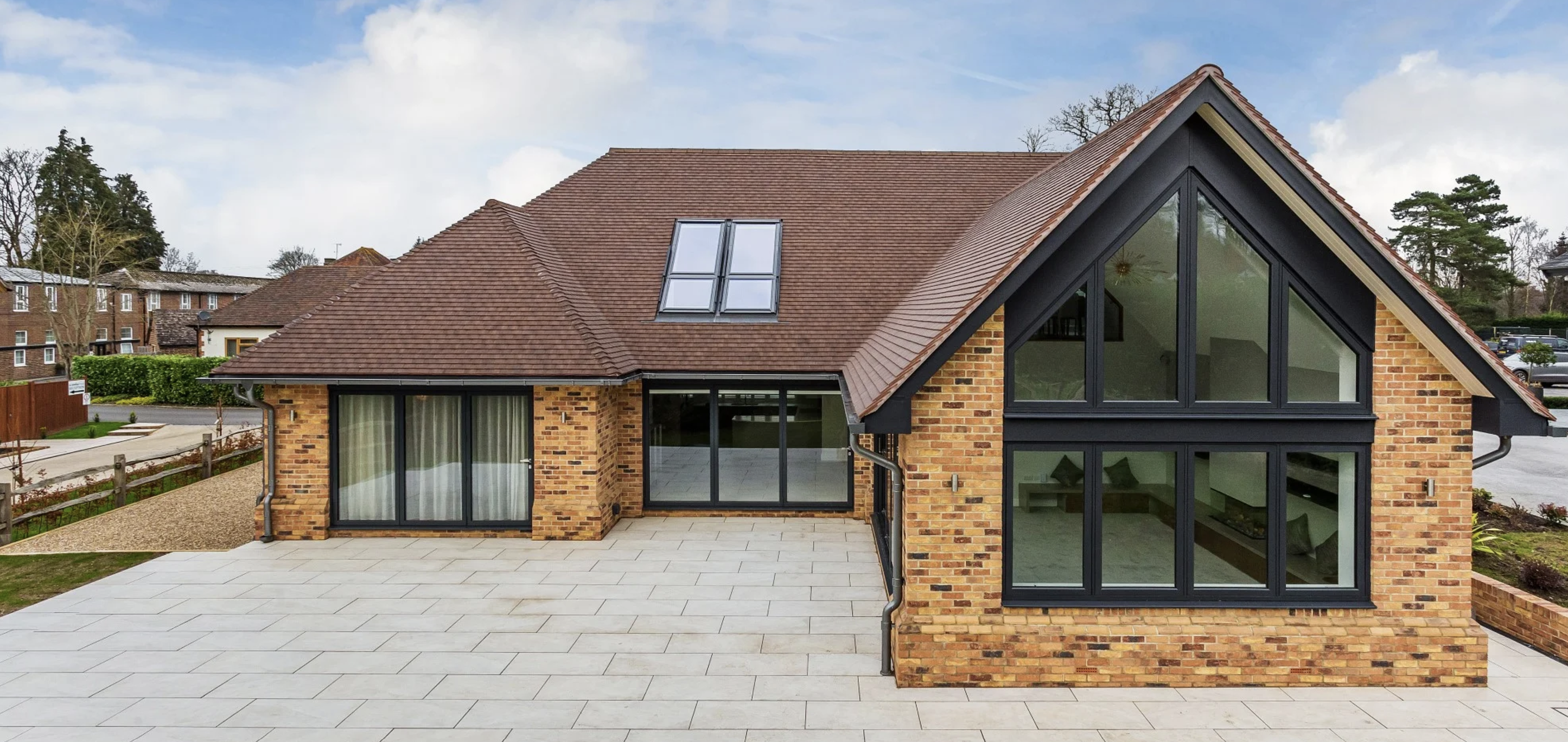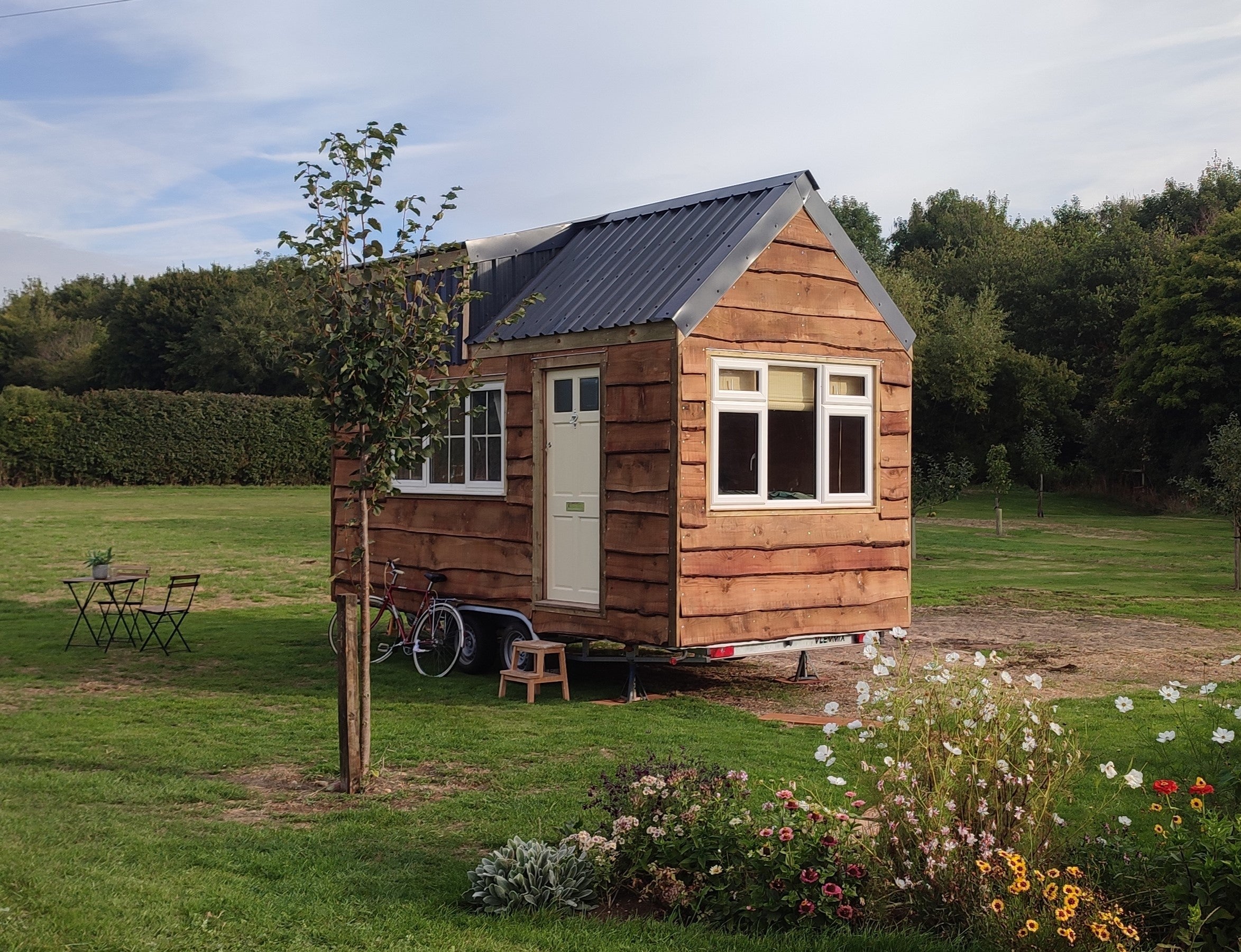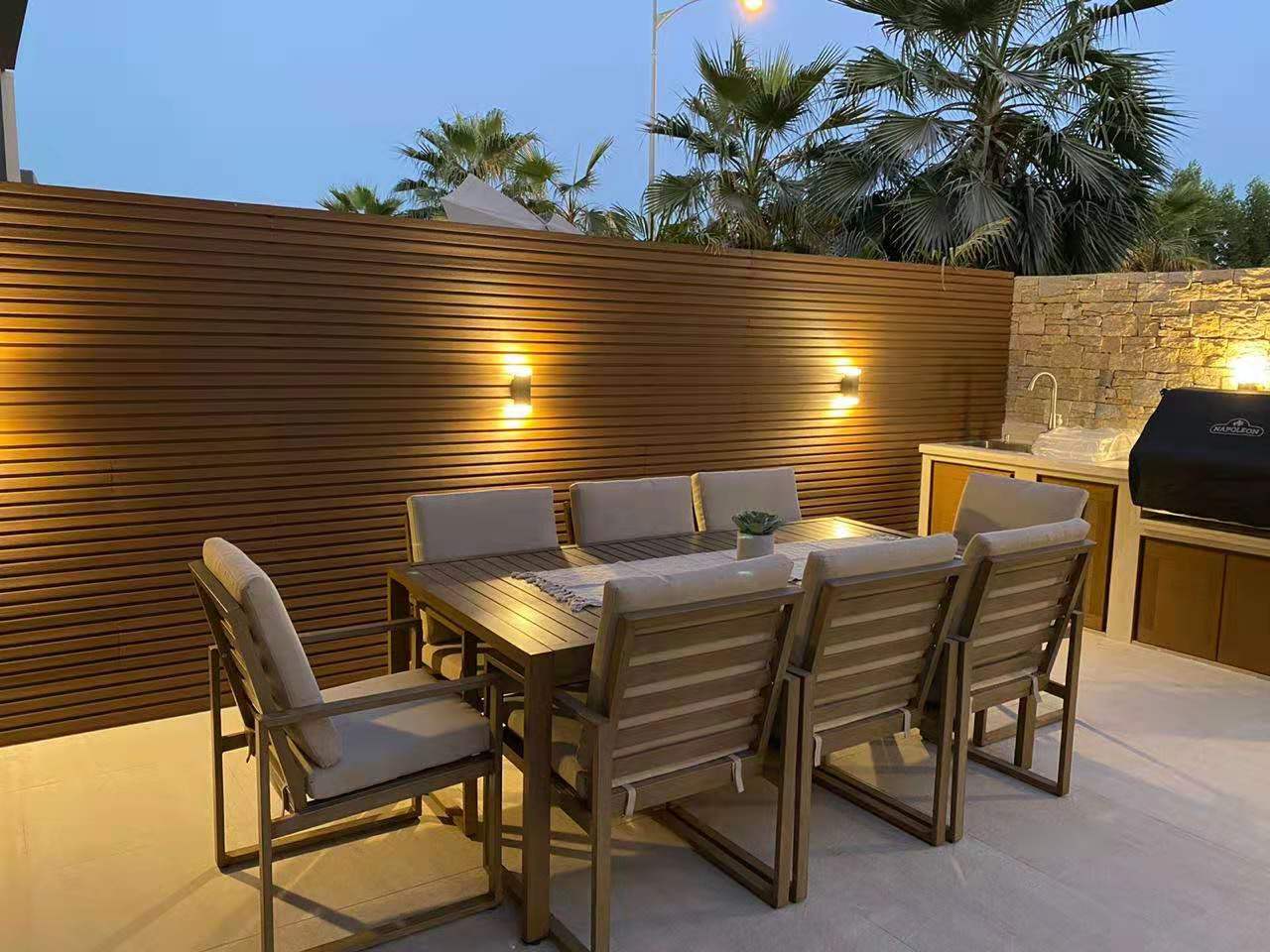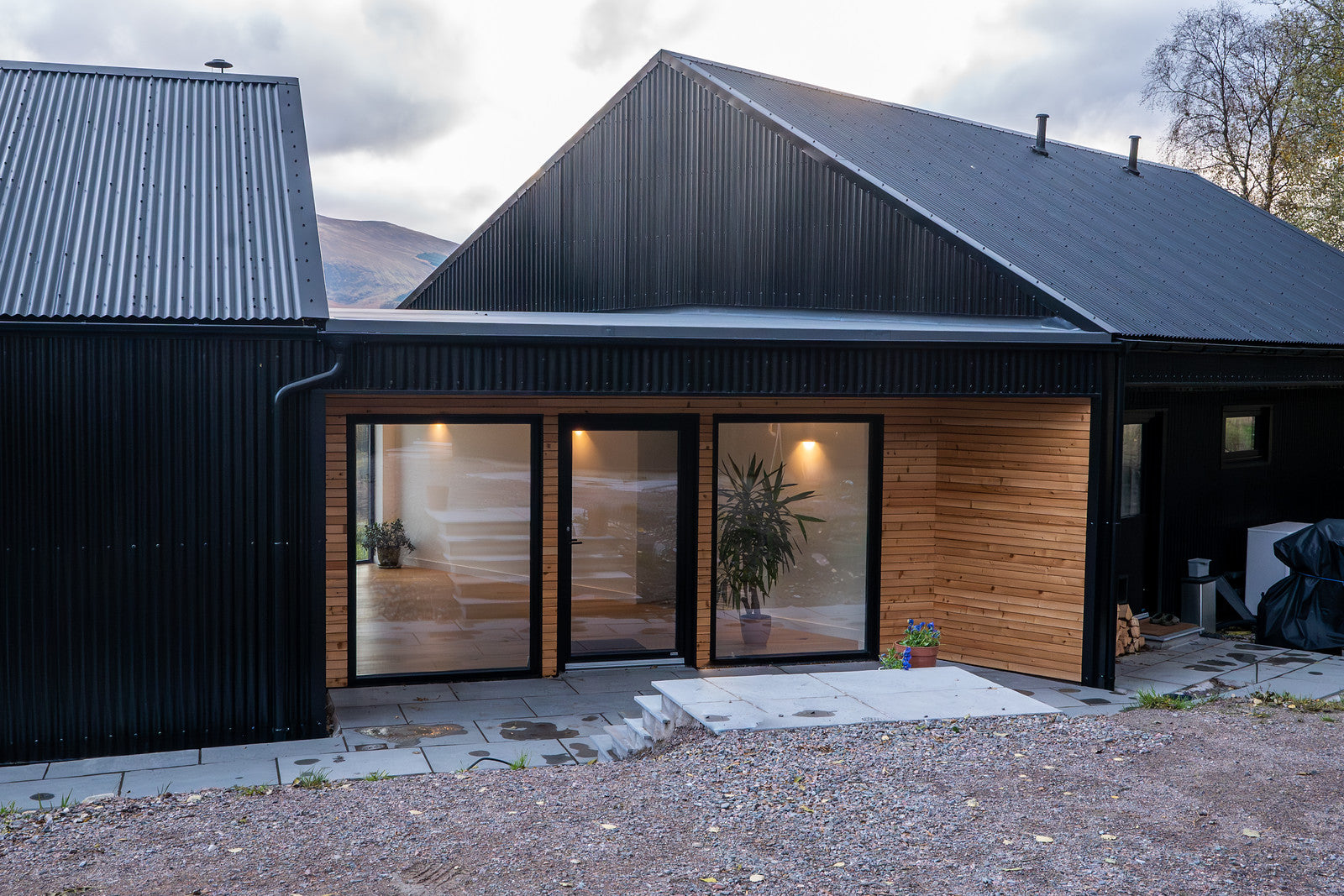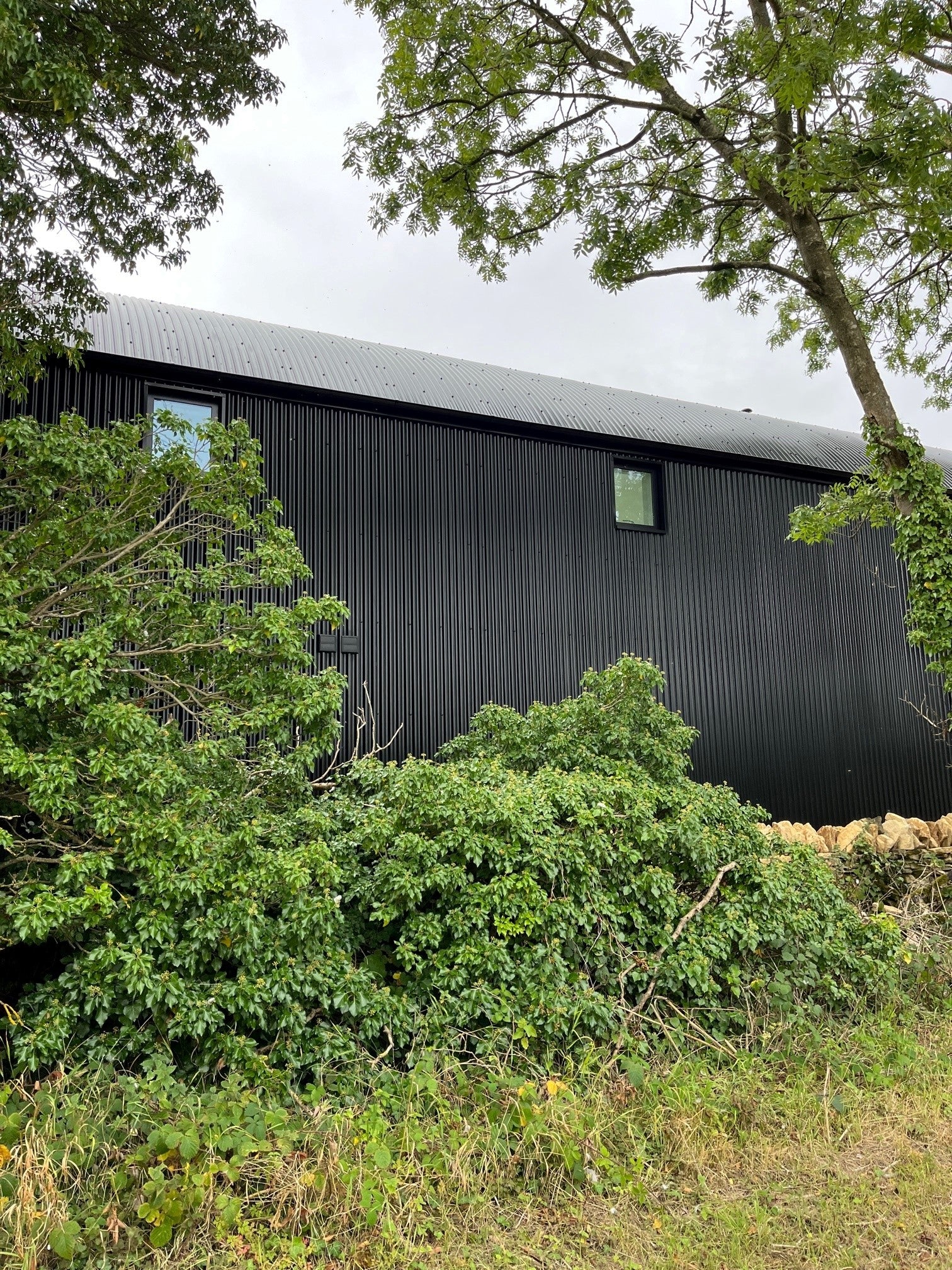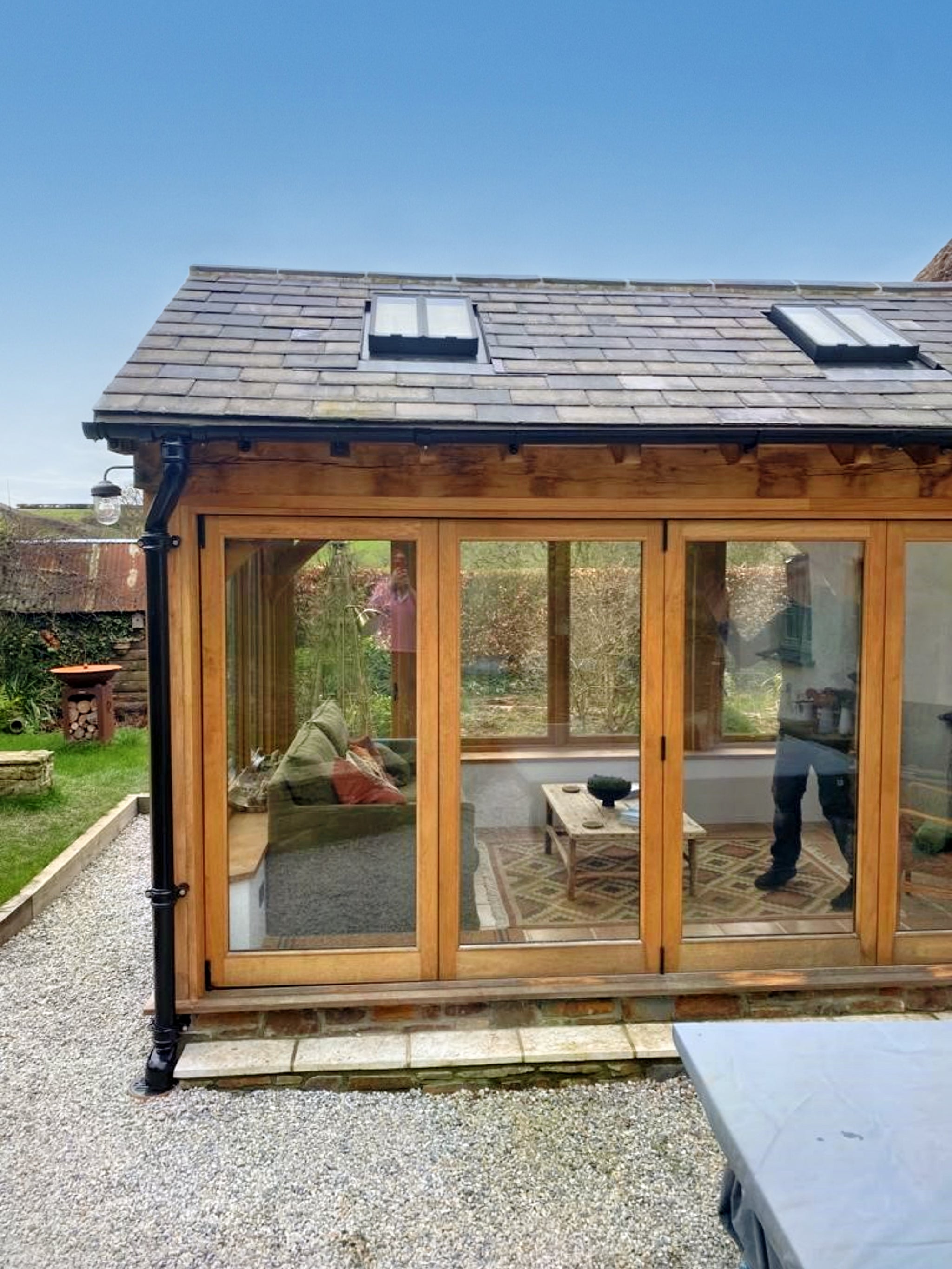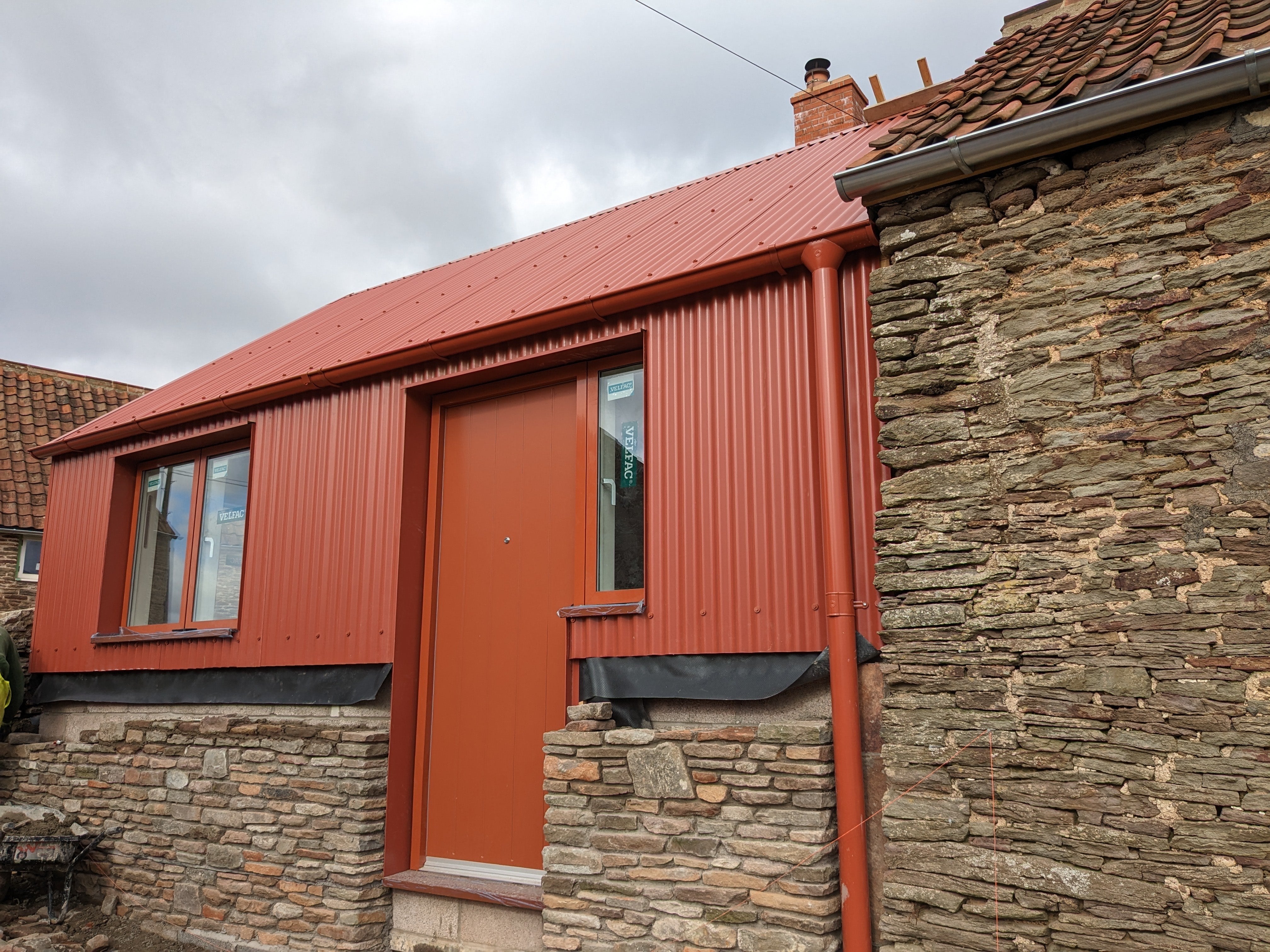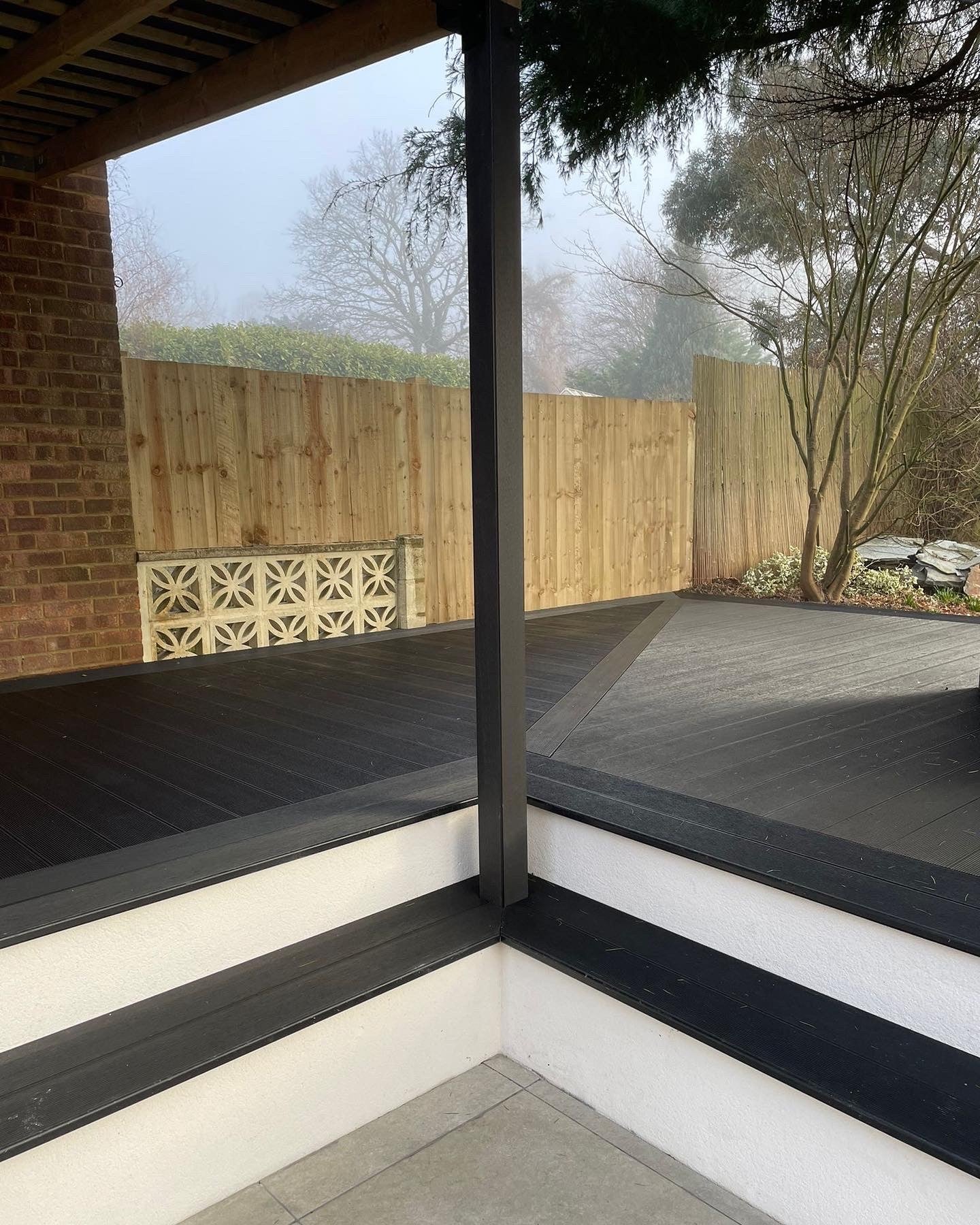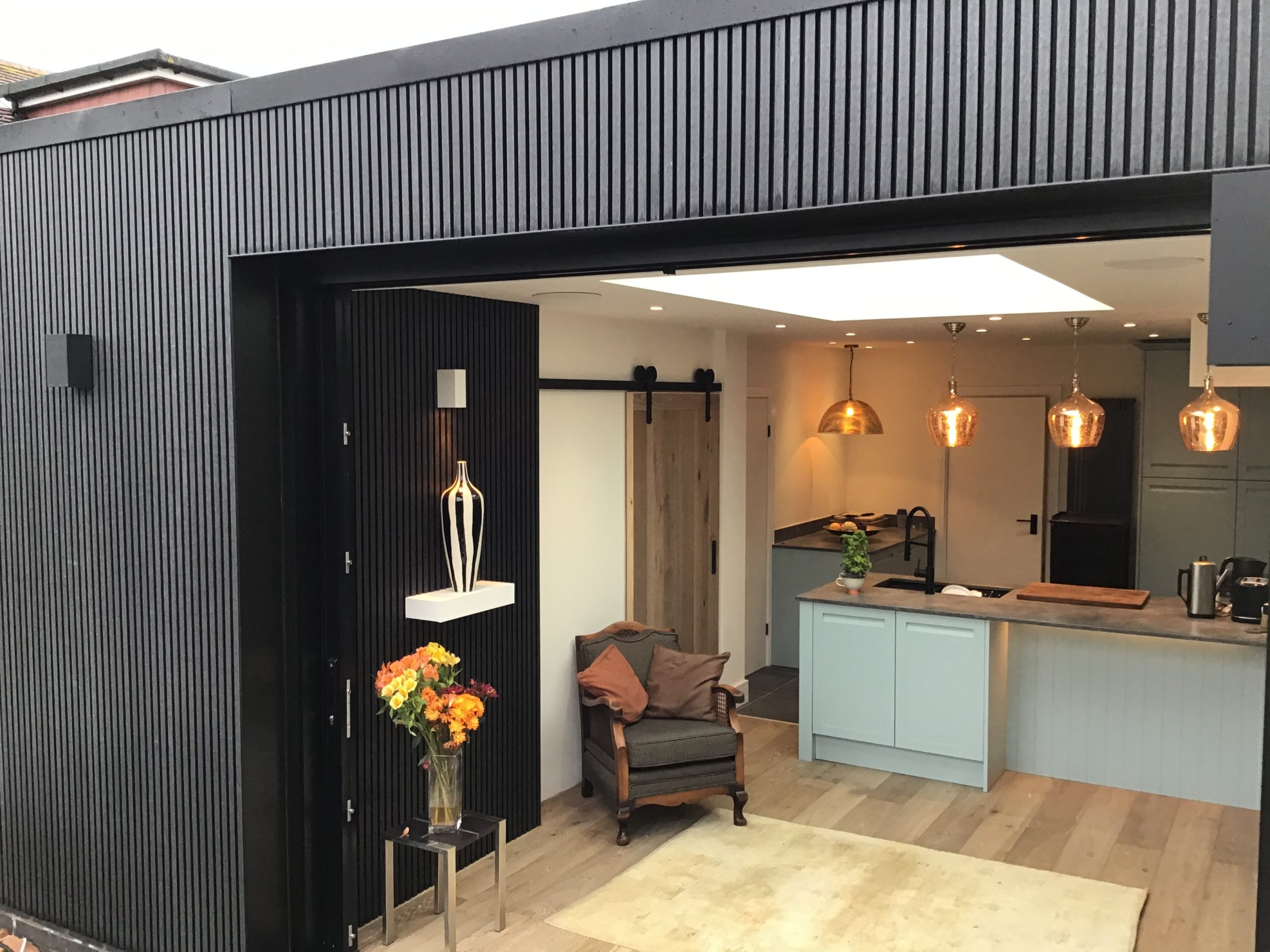Description
Premium Galvanised Guttering System – Made in Germany, Stocked in The UK
This German-made system combines durability, style, and ease of installation, making it ideal for both residential and commercial projects.
Key Features:
-
Next working day delivery (order by 11:30am, subject to stock)
-
25-year manufacturer’s warranty
-
Deep-flow half-round profile for superior water capacity
-
Dry jointed union connectors – no silicone required
-
Swaged downpipes – easy push-fit design
-
Broad range of fittings: steel hopper heads, bends, branches, offsets, outlets & brackets.
Built to Last – Corrosion-Resistant and Low Maintenance
This galvanised guttering system is designed with longevity and minimal upkeep in mind.
-
Triple-layer corrosion-resistant coating – no repainting needed for 25 years
-
Zinc-magnesium finish offers excellent long-term protection
-
Scratch resistance ≥ 30 N (EN13523-12:2004)
-
UV resistance rated RUV 4 (EN10169-2)
-
Textured and tough colour coating – resists scratches, fading and discolouration.
Strength, Stability and Seamless Aesthetics
Made from durable galvanised steel, this system performs under pressure while maintaining a clean, consistent appearance.
-
Handles high wind and snow loads with ease
-
Guaranteed surface consistency throughout the system
-
Seamlessly manufactured for precision fit and simple installation
-
Available in various finishes to complement any building style.
Zambelli Quality You Can Trust
Backed by the trusted Zambelli name, this galvanised guttering system offers:
-
100% accurate manufacture and dependable fit
-
Easy, fast installation with minimal tools
-
Great value with no compromise on quality or performance.
-
Full dimensions & technical guide (opens in new tab)
- Installation guide
Payment & Security
Your payment information is processed securely. We do not store credit card details nor have access to your credit card information.
Request Samples
To request samples, please visit this page and fill out your details.
Installation Guide
Product Dimensions
Some of Our Service Reviews
Customer Images
Trusted by thousands of UK customers 😊
You may also like
Some of Our Customer Reviews
View AllUS vs Other Brands
We pride ourselves on excellent customer service and highly trained staff who are on hand to assist you.
Perfect for trade & retail customers
Expert staff on hand to support
Efficient nationwide delivery network
No Minimum Order

